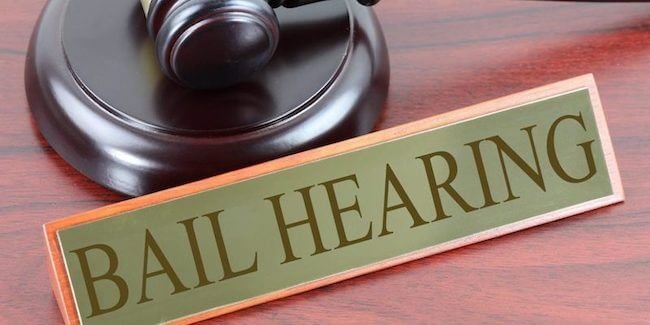If you have been charged with theft, it is important to understand the criminal law process and what you can expect. A criminal lawyer can help guide you through the process and provide representation in court. If you are convicted, you could face a criminal record and collateral consequences associated. If you’ve been accused of theft, it’s important to seek legal counsel.
What is theft?
Theft is the criminal offence of taking something that belongs to someone else without their consent. It can include stealing money, property, or other belongings.
In some cases, the theft charge may be the consequence of a mistake on your part. It’s easy to understand how paying for something might get overlooked in certain circumstances. But, if you are caught stealing, even inadvertently, you could be charged with a criminal offence.
What are the penalties for theft?
The potential penalties for a theft charge vary depending on the value of what was stolen and other factors such as whether violence or threats were used. Fines, probation, jail time, and a criminal record are all possible penalties for a theft charge.
There are a few distinct types of theft charges that can be laid in Toronto. The most common one is theft under $5000. This charge applies when someone steals an item or items that total less than $5000.The maximum sentence for theft under $5000 when tried by summary conviction is six months imprisonment.
Theft over $5000 is a more serious charge that can be laid when someone steals an item or items that total more than $5000. This charge comes with a potential prison sentence of up to ten years.
There are also a number of other theft-related charges that can be laid, such as robbery, possession of stolen property, and fraud.
Will a shoplifting charge result in a conviction?
Shoplifting, or stealing from a commercial store rather than a private individual, is the most prevalent.
If you are convicted of shoplifting, you will have a criminal record. If you have never been arrested before, you may be eligible for a diversion program. Eligibility for the diversion program is not automatic and is determined on a case-by-case basis. A criminal lawyer may be able to negotiate with the crown attorney and persuade them into having you enter into the diversion program.
A diversion scheme includes completing a number of obligations, such as paying restitution to the retailer, attending a session focused on theft awareness, community service, or writing an apology letter. If you complete the diversion program, the criminal charge will be withdrawn, and there will be no criminal record.
If you are not eligible for a diversion program, or if you choose not to participate in the diversion program, then you will likely have to go through with a criminal trial. The criminal lawyer will be able to provide guidance and advice on how best to proceed with your case.
What is a criminal record?
If you are convicted of a criminal offence, you will have what is known as a criminal record. A criminal record can affect your ability to get a job, travel, and even volunteer.
In some situations, a conditional or absolute discharge may be given in place of a conviction. As part of a conditional discharge, you will be subject to certain conditions for a given period of time, such as not committing any more criminal offences. If you follow the conditions, your criminal record will be expunged three years after the conclusion of your discharge. Although a discharge involves an admission of guilt, it is not the same as a criminal conviction.
If you are given an absolute discharge, there are no conditions attached and the criminal record is erased one year after the discharge is granted.
Can I seek to have my fingerprints destroyed following a withdrawal?
If you have been fingerprinted as part of a criminal investigation and the charge is later withdrawn, you can apply to have your fingerprints destroyed. If you’ve been placed under a peace bond, you’ll have to wait until the bond expires before applying. The application would be made to the police department that issued the charges and can be completed online.
How can a criminal lawyer help?
If you have been charged with theft, it’s important to seek legal counsel. A criminal lawyer can provide guidance through the criminal law process and represent you in court. A theft may negotiate outcomes, such as having the charges withdrawn, reduced, redirected, or resolved in a favourable way to avoid a criminal record.









